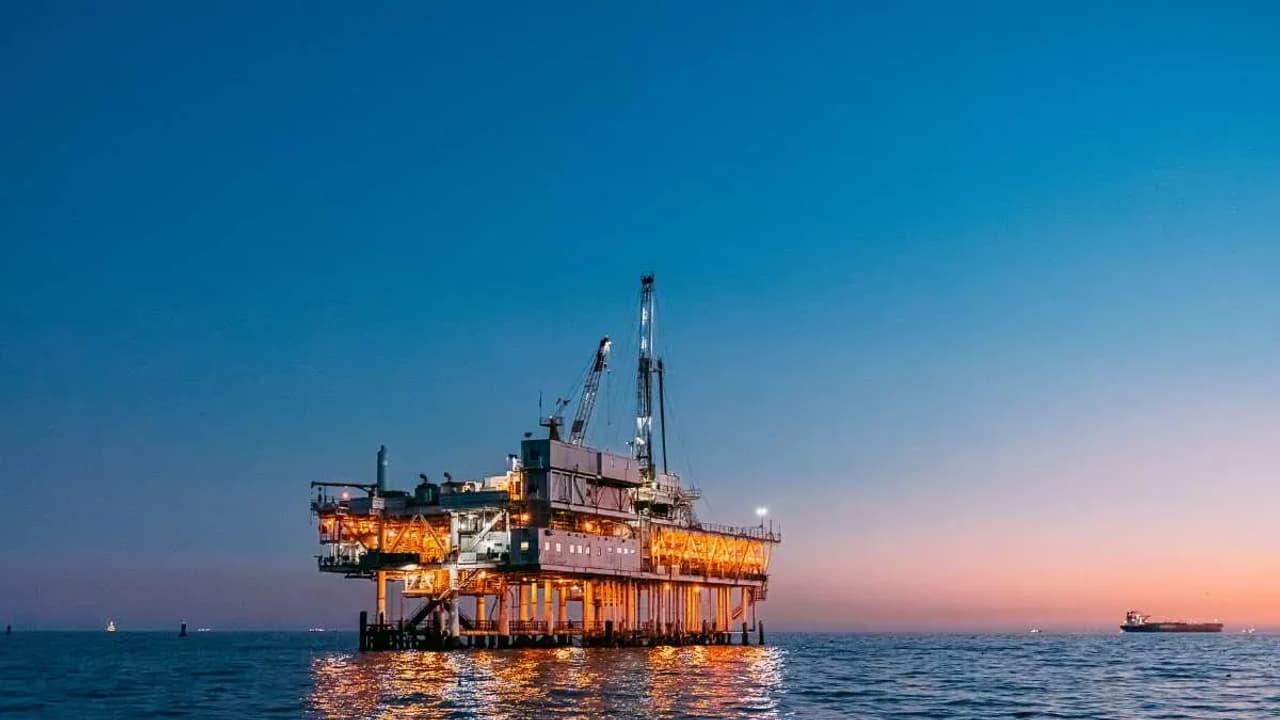
EU Sanctions Squeeze Rosneft-Backed Nayara, Refinery Shifts Focus To India Market: Report
Rosneft-owned refinery Nayara Energy has reportedly more than doubled its use of rail transport to move fuel domestically, due to sanctions imposed by the European Union (EU).
The refiner has been dispatching two to three trains of 50 tanker cars each day from its Vadinar facility to redirect output in India while searching for alternative export buyers, according to a Reuters report.
Domestic Focus
According to reports, Nayara Energy is leveraging its pan-India network of over 6,700 retail fuel outlets to sustain operations. Accounting for roughly 7% of India's fuel retailing network, the company is relying on rising domestic demand for diesel, petrol, and jet fuel to offset the decline in exports.
With exports sharply down year-on-year, the company is also exploring sales of refined products to other domestic oil marketing companies, given difficulties in chartering shipping vessels.
Around a third of Nayara's outlets are reportedly in tier 2 and tier 3 towns, where rising vehicle ownership and e-commerce growth are driving diesel and petrol consumption, in line with Nayara's domestic strategy.
Sanctions Disrupt Operations
However, the EU sanctions have impacted operations. The 400,000-barrel-per-day Vadinar refinery is operating at 70% - 80% of capacity, down from over 100% previously.
Exports have fallen from 3.3 million barrels per month earlier this year to 2.23 million barrels in September, with cargoes now largely bound for the Middle East, Taiwan, Turkey, and Brazil.
The sanctions have also disrupted Nayara's banking operations, with the State Bank of India halting trade and forex transactions in August over compliance concerns. As a result, the refinery has struggled to import crude and facilitate payments for exports, compelling New Delhi to provide support through tanker trains and approval for coastal vessels to transport fuel.
According to reports, Nayara is seeking permission to use additional ships and government assistance to source maintenance equipment, with a planned shutdown possibly postponed from February to April.
Russian oil has been the key sticking point in trade talks between India and the US. President Donald Trump imposed punitive tariffs of up to 50% on Indian exports in response to New Delhi's continued purchase of Russian oil.
Washington had earlier accused India of undermining sanctions and profiteering from Moscow's war in Ukraine, sparking a downturn in bilateral ties.
For updates and corrections, email newsroom[at]stocktwits[dot]com.
Legal Disclaimer:
MENAFN provides the
information “as is” without warranty of any kind. We do not accept
any responsibility or liability for the accuracy, content, images,
videos, licenses, completeness, legality, or reliability of the information
contained in this article. If you have any complaints or copyright
issues related to this article, kindly contact the provider above.


















Comments
No comment